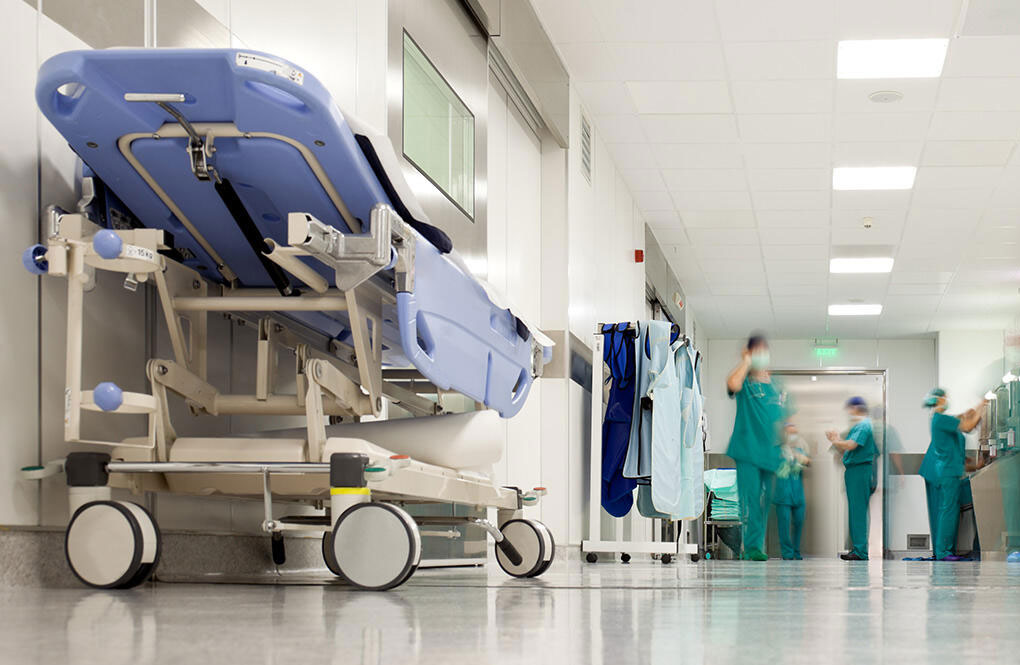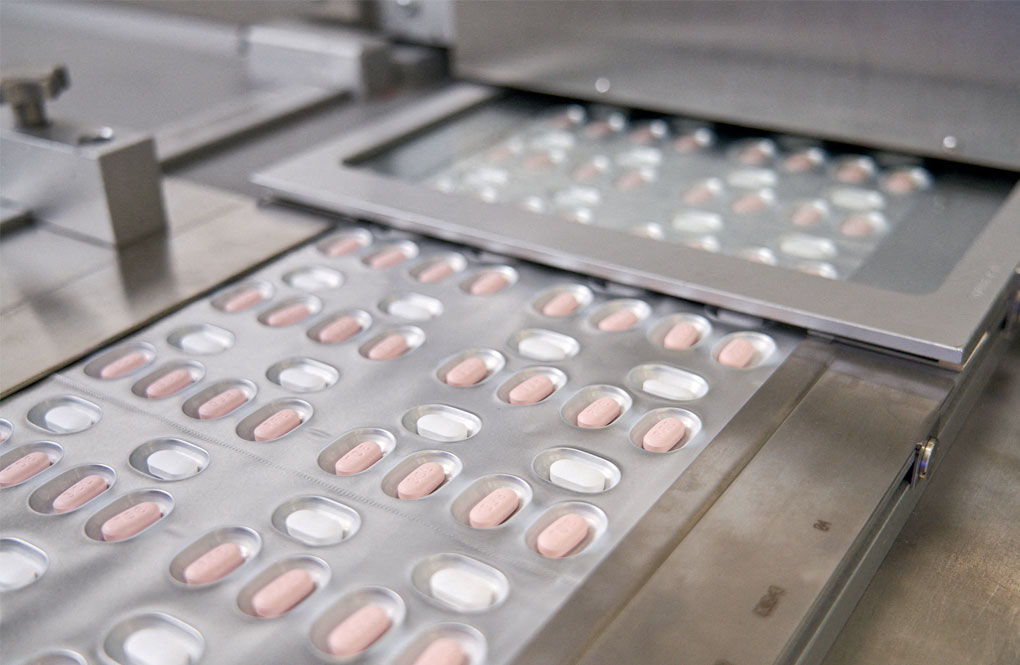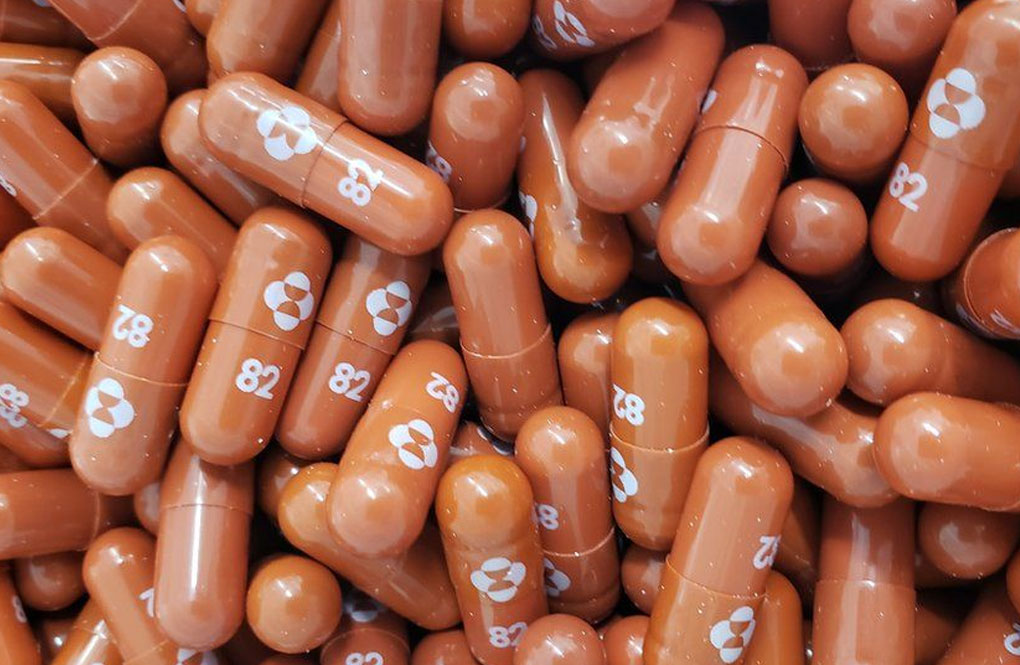NSW patients heading to emergency departments during the pandemic were generally happy with the professional care they received but one in five say their medical advice didn’t add up.
The Bureau of Health Information surveyed almost 21,000 patients admitted to 77 large emergency departments across urban and rural NSW from mid 2020, at the height to the pandemic, to mid 2021.
It found the majority of patients (90 per cent) said the care given to them by doctors and ED staff was good or very good but around one in five said they received “contradictory” information about their condition or treatment.
“There did not appear to be one person responsible overall for my care,” one patient said.
Another patient who waited for treatment as COVID-19 cases ravaged the state said “no one attended to me”.
“I waited a long time for treatment and to see a doctor … I was exhausted and sat on the chair all night”.
But even though wait times might have soared and staff were stretched, the care given was professional.
Almost 80 per cent of patients said ED staff checked on their condition while they were waiting to be treated – up from 75 per cent the previous year.
“For most questions, there was no significant difference in experiences between patients in large rural and urban EDs, including for overall ratings of care, ratings of health professionals and outcomes of care,” BHI’s Chief Exeuctive Diane Watson said on Wednesday.
A BHI quarterly report released last month revealed 763,257 people turned up at NSW public hospitals in late 2021 needing emergency care.
There were 320,729 ambulance call-outs in the same quarter – the highest of any October to December quarter since BHI began reporting in 2010.
Almost 9000 of the calls were for the highest priority cases (Priority 1A) – an increase of 21.3 per cent or more than 1500 responses – compared with the same quarter in 2020.
The spike in triple zero calls for an ambulance lengthened the time it took paramedics to reach patients, particularly in metropolitan areas, the BHI said.
NSW paramedics and health workers have undertaken industrial action in recent months, demanding more staff and higher pay, saying they are worked “to the bone”.
(AAP)













